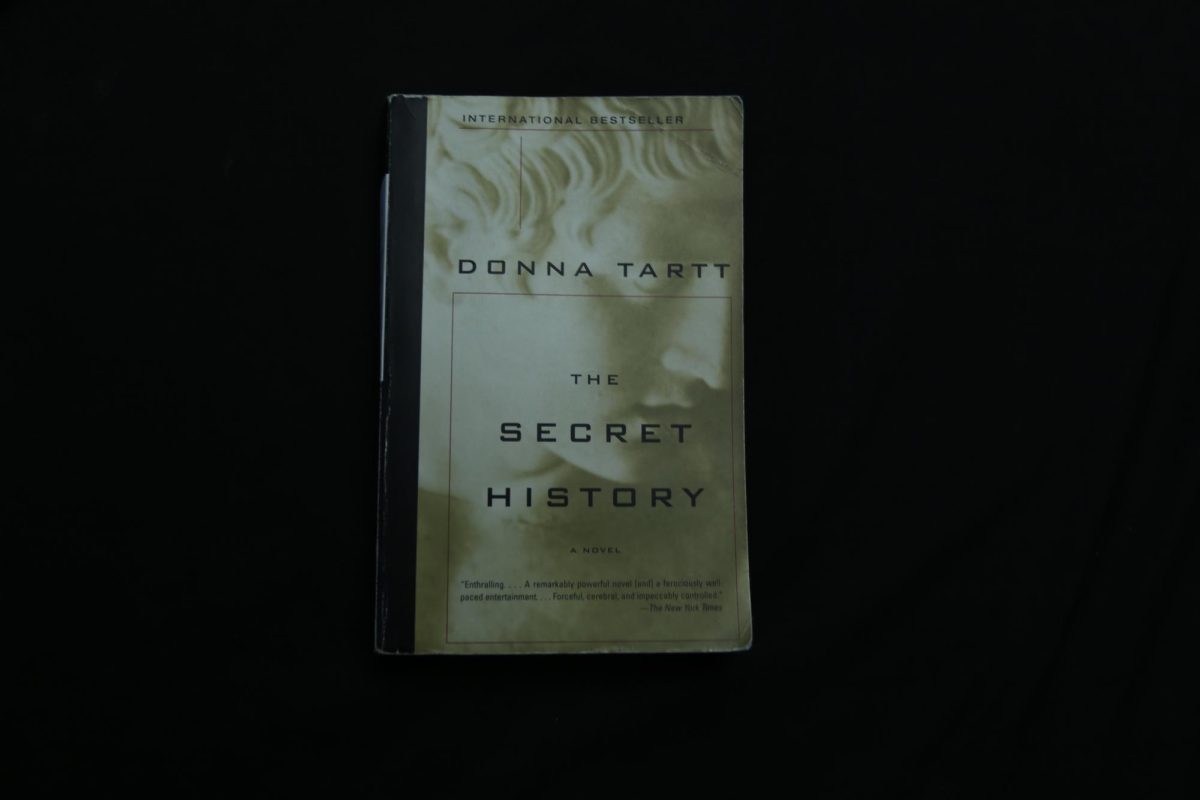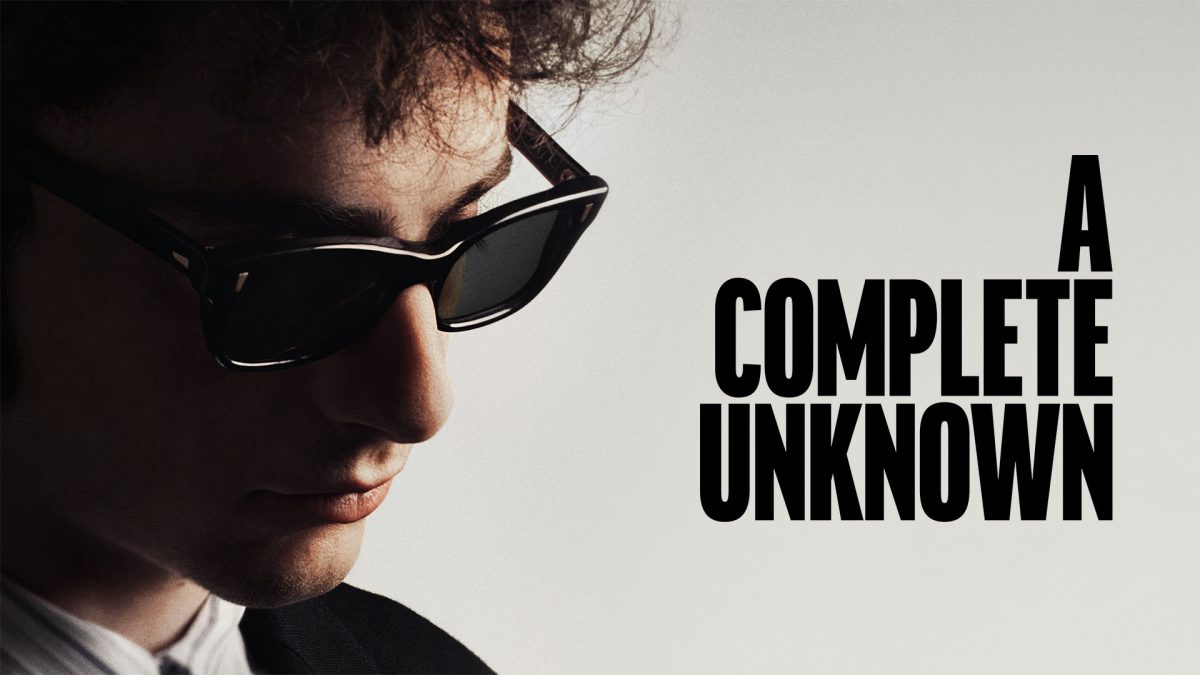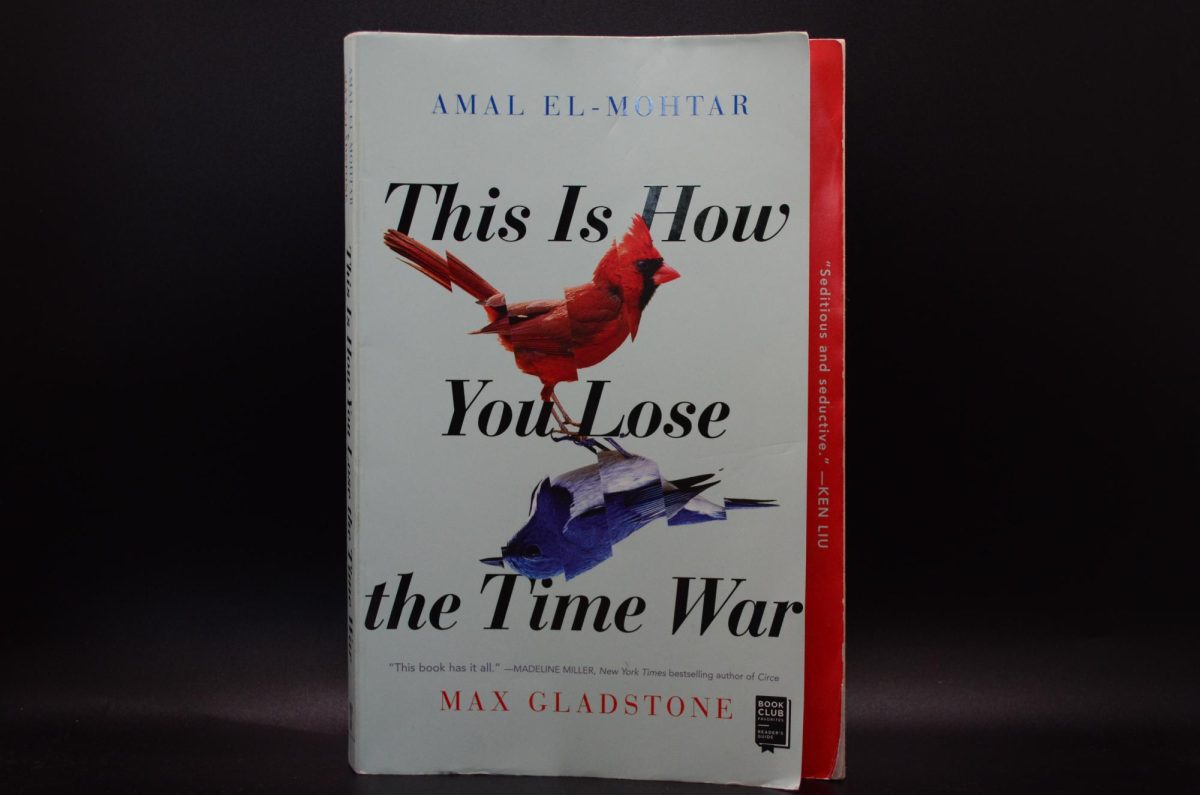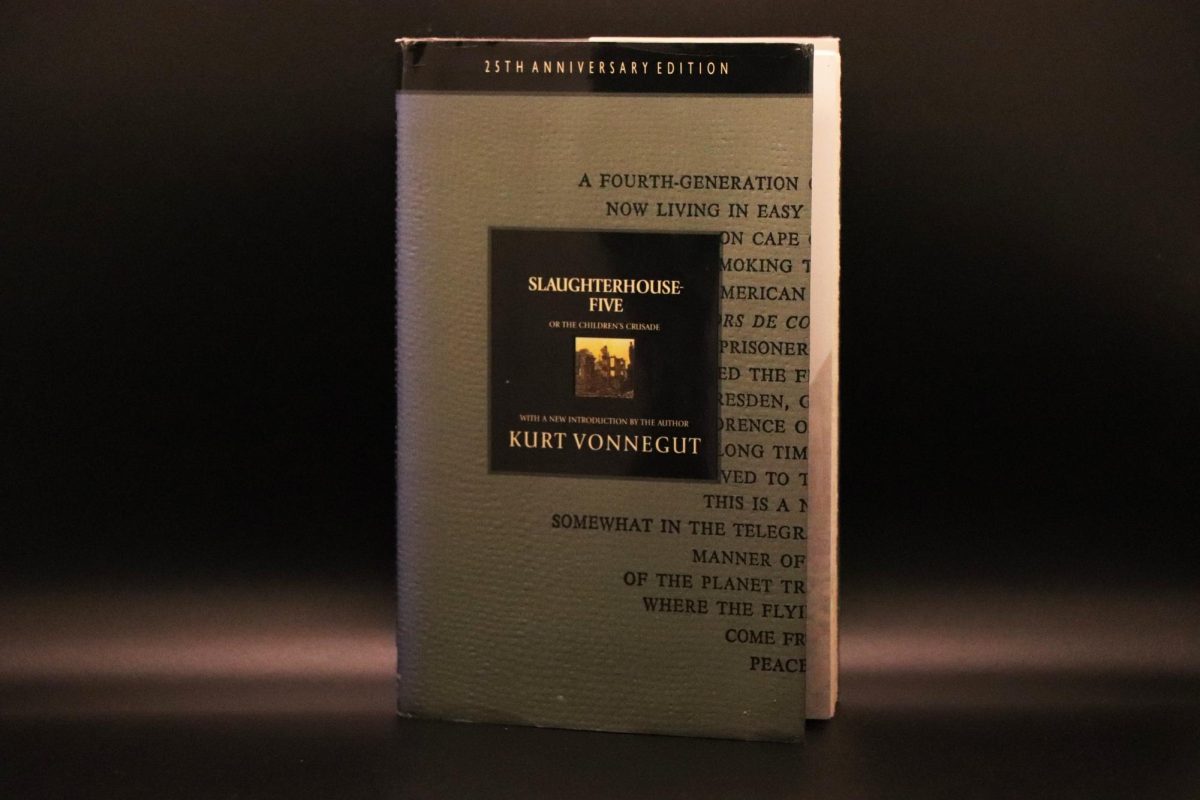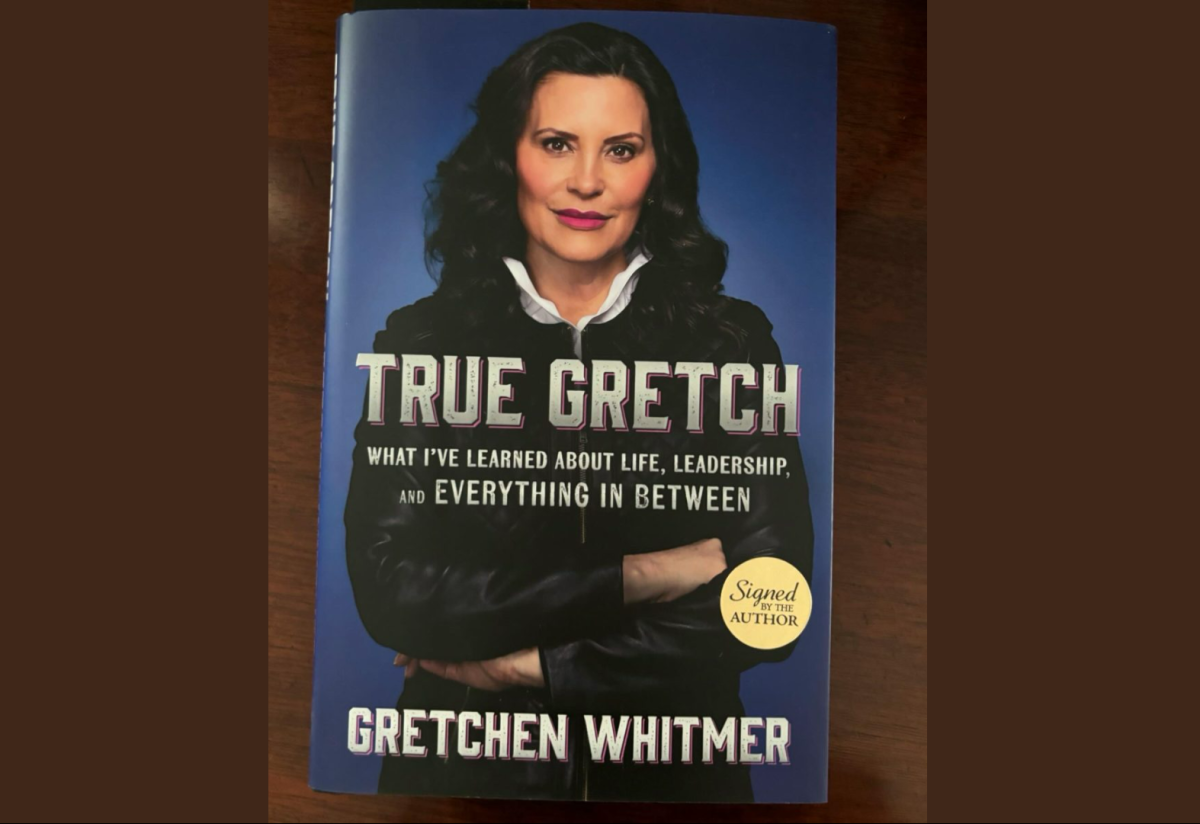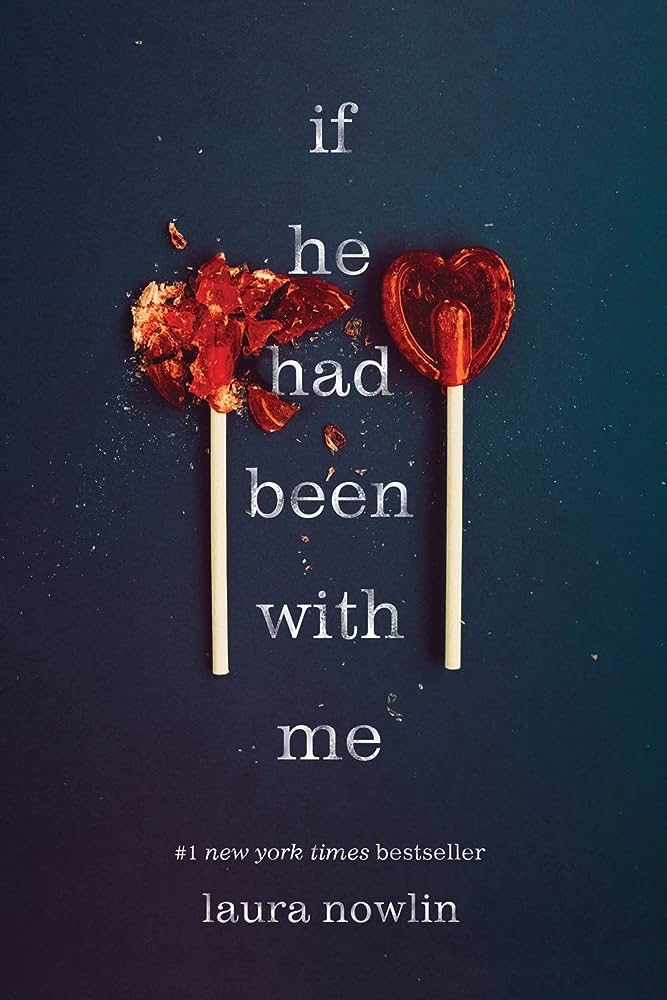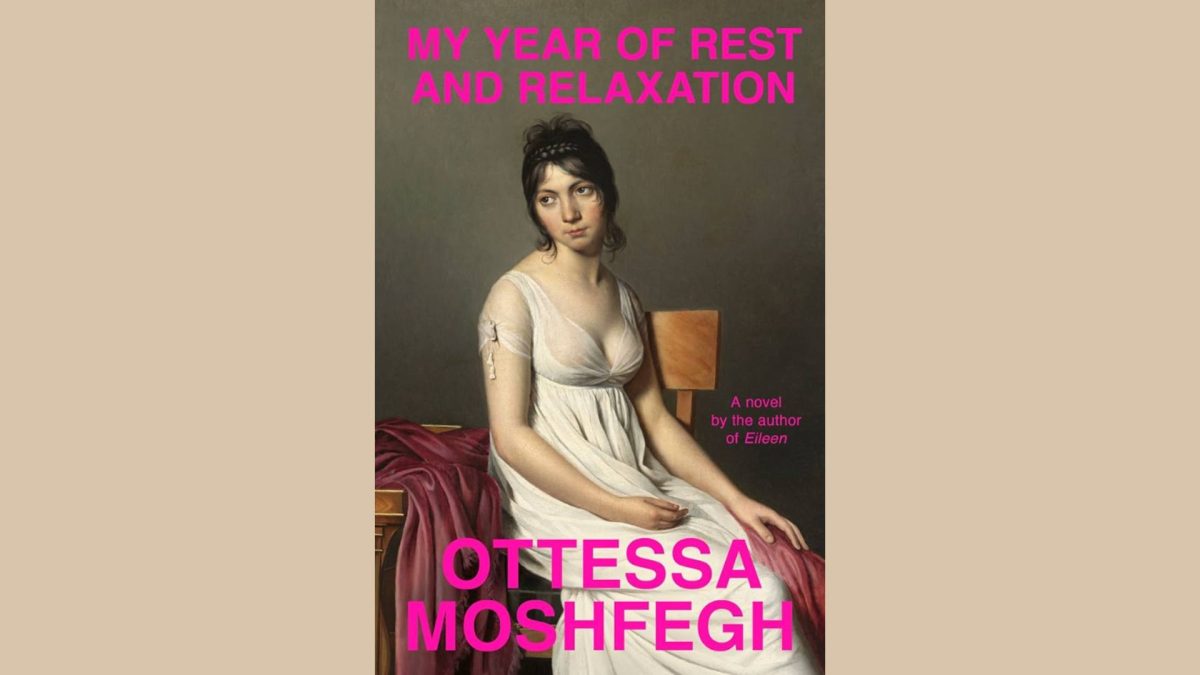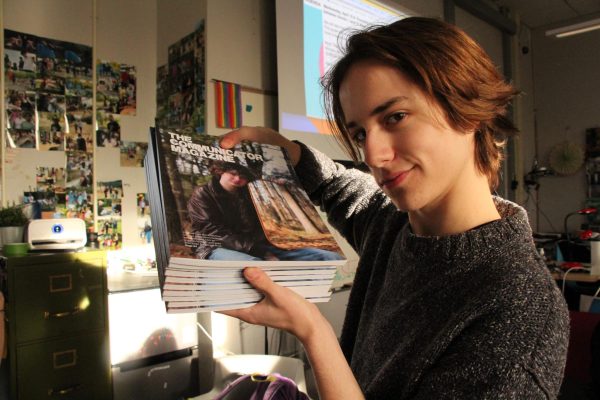In my entire life, I have never read a book quite like this one. I remember finishing this book and feeling an overwhelming sense of satisfaction and sadness. The story was inspired by a love for Greek mythology, something I knew very little about.
The author, Donna Tartt, wasn’t sure there would be much of an audience for her eight-year-long debut novel, “The Secret History” when she was writing it. Nevertheless, Tartt simply needed to anticipate the success because it made a huge stir in the book industry.
Despite being published over 30 years ago, the book is still a masterpiece and has remained relevant throughout the decades. “The Secret History” is the type of book one can read many times throughout their life.; It is insanely detailed and thorough, displaying the eight-year process. Compared to other works, it’s amazing how timeless this novel is and the imprint it has left on others.
The narrative of “The Secret History” is recounted distinctively—that of a man thinking back on core memories from his undergraduate years. The story follows a younger version of Richard, who is at last establishing his own life in Vermont, away from his abusive, Californian family. After being accepted to Hampden College, he relocates across the country in search of a new beginning.
Upon changing his major to Greek, Richard comes across a peculiar friend group. Each person is a Greek major and in all of his classes. The friend group includes Bunny, Henry, Camilla, Charles, Francis and soon, Richard.
Bunny is truly a miserable person at the core; racist, misogynist and a homophobic bigot. Richard is the narrator reflecting on the past occurrences. Though he could be the weakest of the lot, Henry is a crowd favorite. Charles and Camilla are twins, in which The audience’s hearts will be stolen by Camilla, whereas Charles is a terrible drug and alcohol addict. Francis is the last of the friend group; He owns a rural house that serves as the backdrop for numerous events in this novel. All of them, but Richard, have an abundance of money, creating tension between the lives of the rich and the poor.
There are a lot of awful people in this novel. Almost everyone that Richard encounters is terrible in some way– elitist, psychopathic, pothead, self-centered, or plain narcissist. Even though Richard is far from flawless, I would argue that he is more grounded and sympathetic than the others. However, the novel’s brilliance lies in the way it makes you feel incredibly empathetic for these awful characters.
The terrible secret the friend group shares serves as the focal point of the narrative. It’s unbelievable, repulsive and morally wrong, and they will stop at nothing to ensure that it remains a secret.
Donna Tartt’s exceptional skill at describing things is one of her greatest literary gifts. Her description of this eccentric mix of ditzy cokeheads and alcoholics at a small, private university in New England is frightening and humorous, and it is full of detail. She makes things seem so realistic, even if they aren’t. By far, my favorite talent of hers is creating intriguing storylines from the very beginning, which she does marvelously.
“The Secret History” is not a flawless novel, in my opinion. The biggest flaw of the novel is the conclusion considering it is unsatisfactory, in my eyes. Yet, I am unsure of any other way Tartt might have concluded her work. It’s fair to say that the conclusion captures the breakdown that is occurring in the lives of the characters. However, the ending still felt rushed to me.
Not only that, this book could be considered “too lengthy”, considering its almost 600 pages. I argue that the detailed descriptions serve a lot for the story and help create a clear picture of what Tartt wants us to experience.
I think I’ll be reading this book again soon. For readers who have a good eye for little details in literature, I believe would find this read very intriguing. It’s unlikely that one would be aware of the impact this book has unless given the chance to read it.



